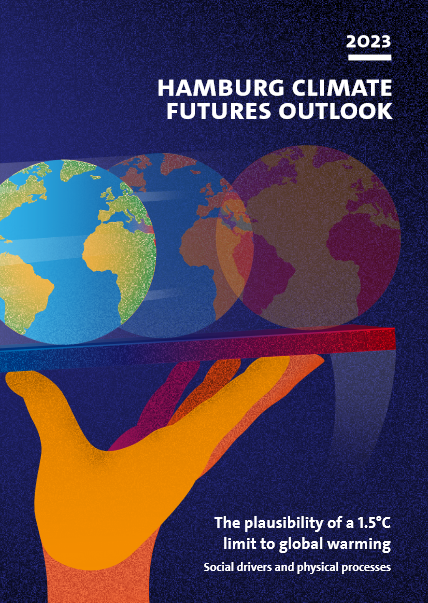Abstract
The traditional norms of scientists and journalists in science communication are being challenged in post-normal situations when values are involved, uncertainties are high, and there is a need for political action. Animated meta-discourses, defined as reflections and discussions of norms and their practices, indicate a renegotiation of the norms governing science communication. This study explores if and how these norms are being renegotiated among journalists and scientists – focusing on climate research as a prime example of post-normal science. We focus on high-profile blogs by eminent scientists and science journalists to analyze which norms are problematized or defended using a qualitative content analysis of six climate change blogs from Germany, the UK, and the USA (n=3808 blog posts from 196 authors with n=439 posts on meta-discourses). The results show that the traditional norm of impartiality is
being challenged in both science and journalism, especially as far as the journalistic understanding of “balance” and the scientific ideal of value-free science are concerned. At the same time, other norms become more important both among scientists and journalists: transparency and contextualization of information. Discourses about advocacy reveal that the norm is highly contested and that certain types of advocacy are legitimized in certain situations.
Lörcher, I., Walter, S., & Brüggemann, M. (2024). Negotiating the norms of science communication: Blogs by climate scientists and journalists. In A. Carvalho & T. R. Peterson (Eds.), Environmental Communication. De Gruyter.

